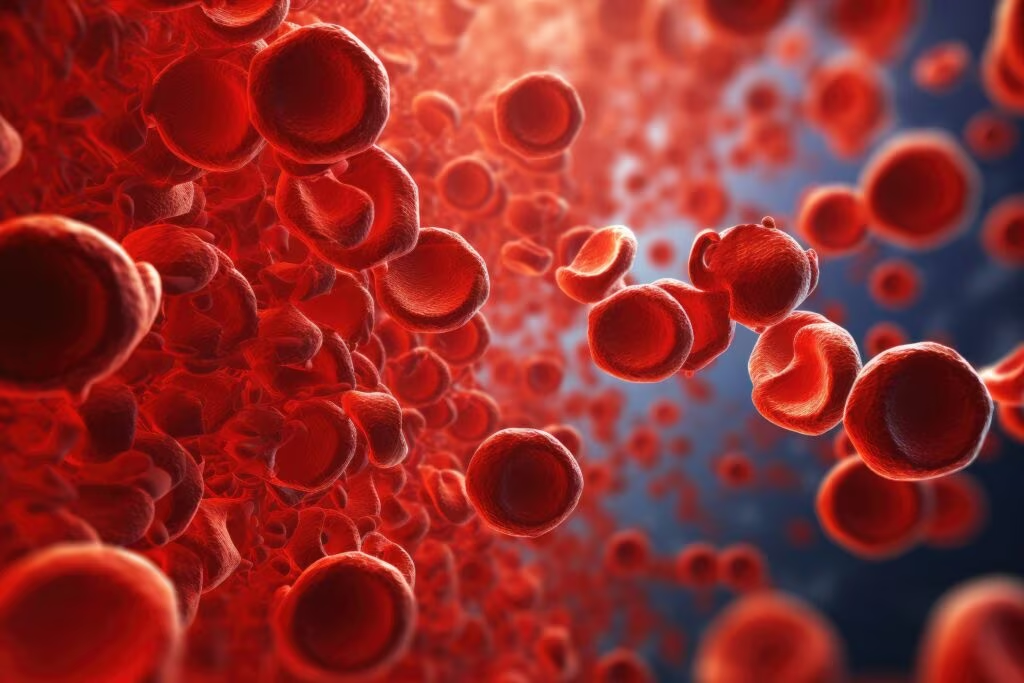The 48-week data from the phase III APPLY-PNH and APPOINT-PNH trials investigates iptacopan, a first oral proximal complement inhibitor targeting factor B, in patients with paroxysmal nocturnal haemoglobinuria. We met with Dr Phillip Scheinberg (Hospital A Beneficência Portuguesa, São Paulo, Brazil) to discuss the data, and he reports the proportion of patients with clinical breakthrough haemolysis, exposure-adjusted occurrence rates and clinical breakthrough haemolysis characteristics during iptacopan monotherapy in the Phase III APPLY-PNH and APPOINT-PNH trials.
The abstract entitled ‘Clinical Breakthrough Hemolysis (BTH) during Monotherapy with the Oral Factor B Inhibitor Iptacopan Is Generally Not Severe and Managed without Treatment Discontinuation: 48-Week Data from the Phase III APPLY-PNH and APPOINT-PNH Trials in Paroxysmal Nocturnal Hemoglobinuria (PNH)‘ was presented at the 65th ASH Annual Meeting and Exposition December 9-12, 2023, in San Diego, CA, USA.
Please note correction: Cross-over in the APPLY-PNH trial was at 24 weeks, not 12 weeks as described in the interview (6:00)
Questions
- Could you describe the current treatment landscape for paroxysmal nocturnal haemoglobinuria (PNH) and how breakthrough haemolysis presents a challenge? (0:36)
- What is the rationale for the use of iptacopan as a monotherapy in the APPLY-PNH and APPOINT-PNH trials, and how does its mechanism target PNH? (2:49)
- What were the design and primary objectives of these phase III trials? (5:16)
- What were the key findings of the trials? (7:09)
- Based on these trial results, what are the implications for iptacopan’s role in future PNH treatment strategies? (9:42)
Disclosures: Phillip Scheinberg is a consultant for Abbvie, Amgen, AstraZeneca, BioCryst, Janssen, Novartis, Roche; and has received grant/research support from Pfizer, Alnylam; and is on advisory boards for Astellas, Novartis, Pfizer, Roche, Teva; and has received honoraria/honorarium from Abbvie, Alexion, Bristol Myers Squibb, Jannsen, Novartis, Pfizer; and is a speaker’s bureau participant with Novartis, Roche, Pfizer, Alexion.
Support: Interview and filming supported by Touch Medical Media Ltd. Interview conducted by Katey Gabrysch.
Filmed in coverage of the ASH 2023
Click here for more content on paroxysmal nocturnal haemoglobinuria


